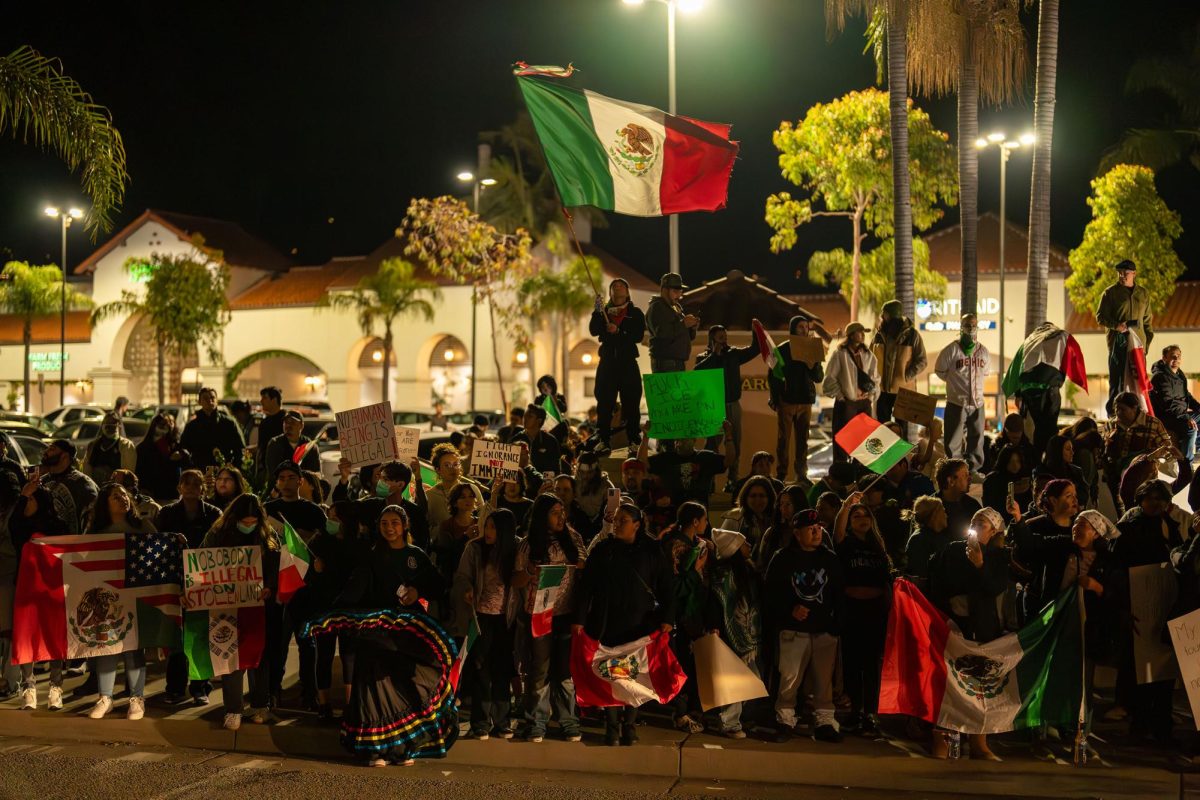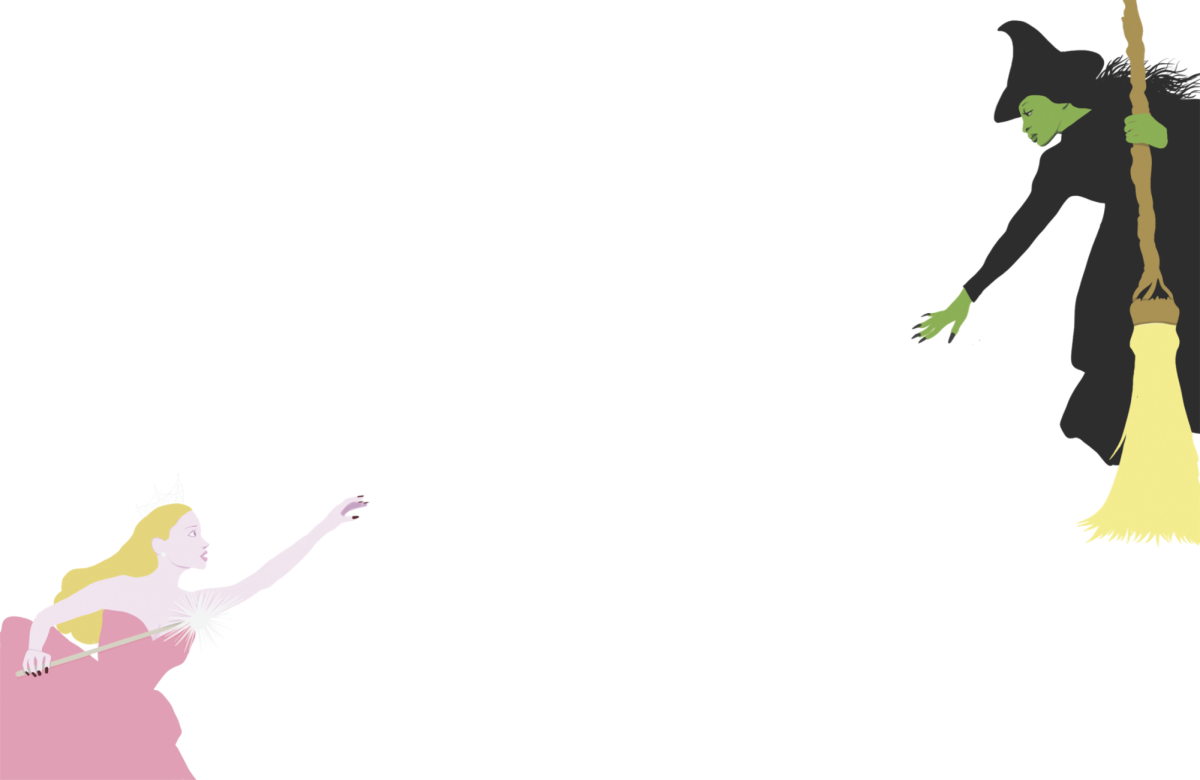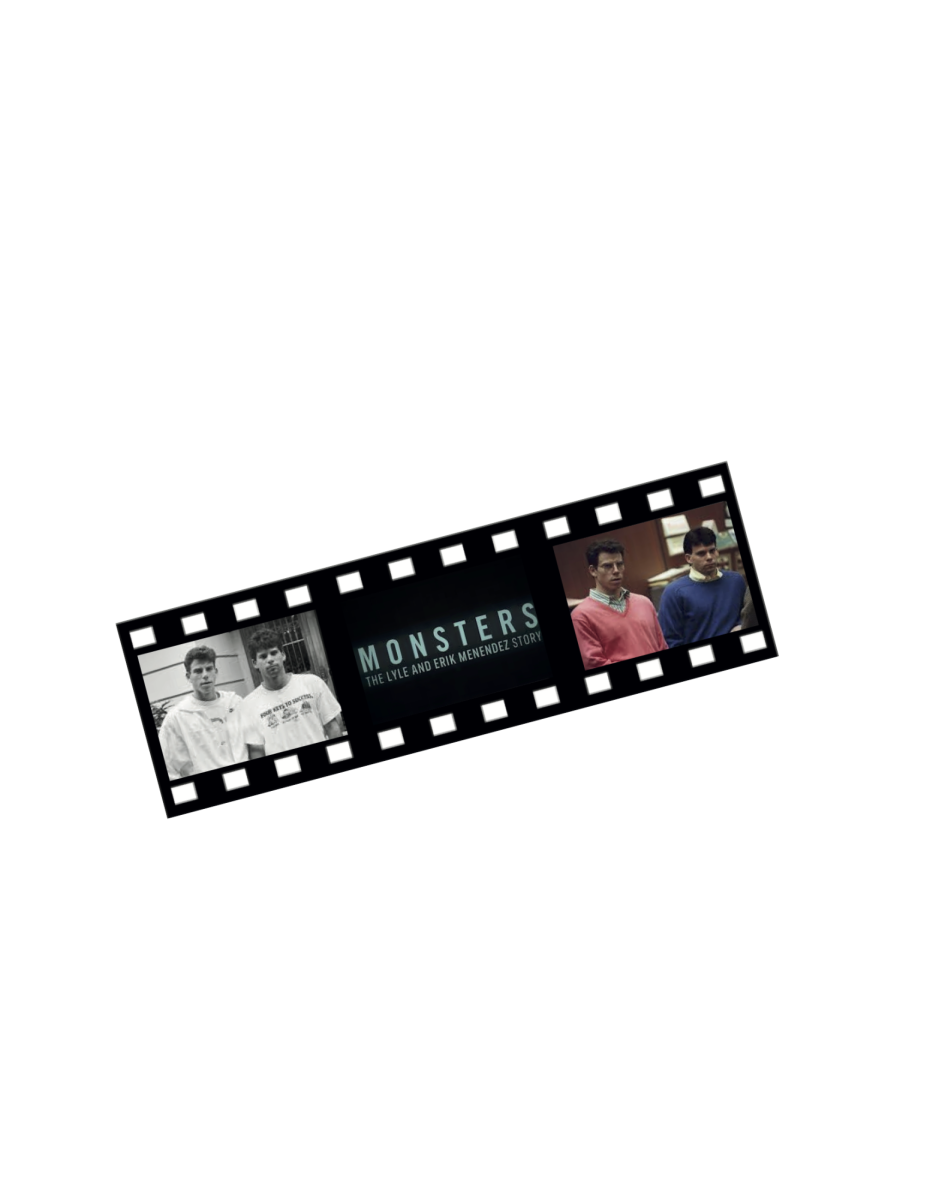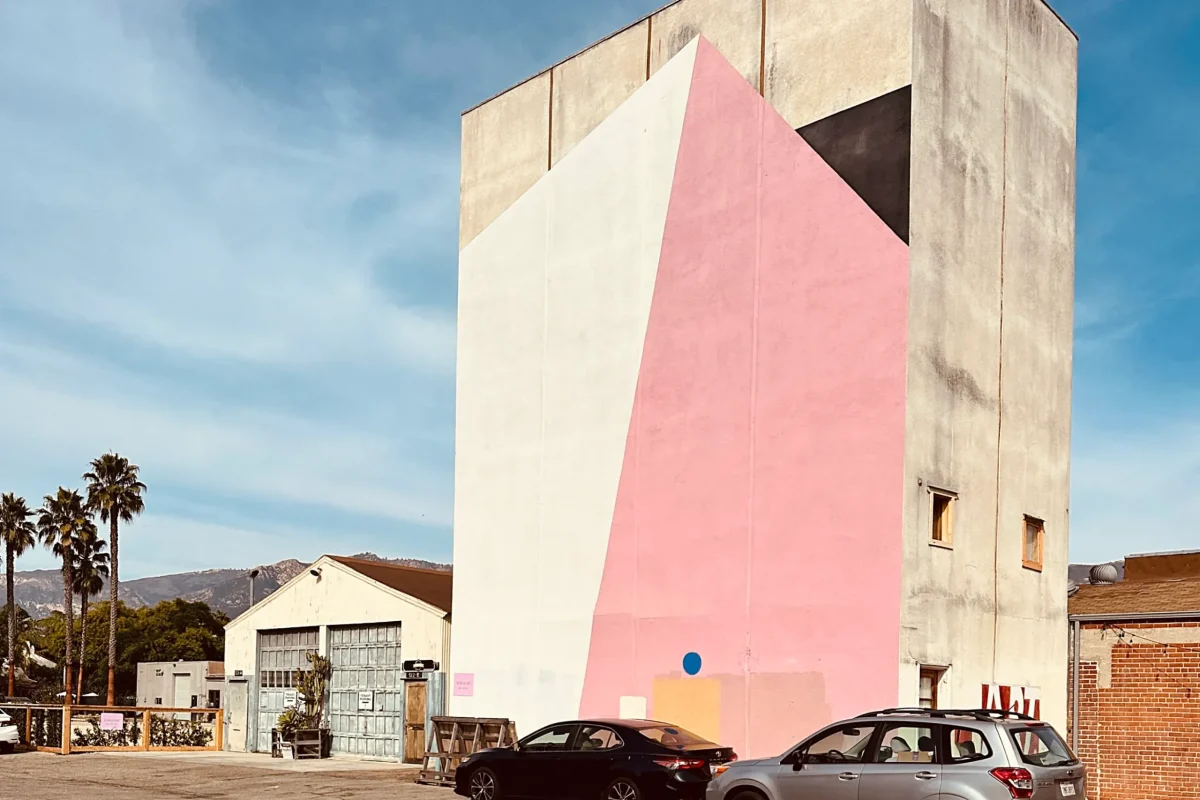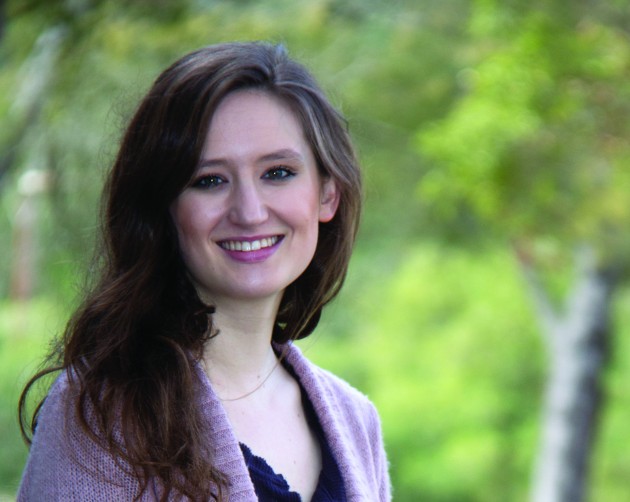Cameron Platt, a senior at Princeton University, is concentrating on English and pursuing certificates in Theater and Medieval Studies. Platt, previously awarded the George B. Wood Legacy Junior Prize, the Shapiro Prize for Academic Excellence, and the Class of 1870 Old English Prize at Princeton, was also elected this fall to the Phi Beta Kappa Society. Involved in all aspects of theater, she has worked on over 30 productions since 2010 and currently serves as President of the Princeton University Players. Platt attended Laguna from 7th to 12th grade and was heavily involved in the theatre program throughout high school, performing in seven campus productions and directing a musical revue. She was also involved in Portfolio, Laguna’s literary magazine, for all four years of high school, her last year as Editor-in-Chief. For her senior project, she interned at The Santa Barbara Independent, where she devised and pitched a concept for a high school theatre awards program to be sponsored by the paper. The Independent picked up the project which still runs now. This December, Platt was awarded a Rhodes Scholarships to study at Oxford in England, one of just 32 people in the US.
——————————————————————————————————————————————————————————————————————————-
Q: What were your initial thoughts and feelings when you found out that you won the scholarship?
A: The news came at the end of a busy selection weekend in Los Angeles, so I was pretty exhausted and hungry, which made everything feel even more surreal. Saturday was a long day of interviews, and all of the finalists waited for hours together while the committee deliberated. We talked and played games, so we got to know each other well. The committee announced the two district winners in front of all of us, and I felt thrilled but humbled to be selected from such an extraordinary and gracious group.
Q: Who did you tell first? What did you do after finding out?
A: I called my mom first! She was staying with me in LA for the interview, and we freaked out in the car the whole way home. I texted a few of my best friends, who posted announcements on Facebook. That prompted a flood of congratulatory messages—I’ve never gotten so many notifications from so many channels at once, and I actually had to turn my phone off and put it away because it was too much!
Q: If you could live in one fictional world which world would you live in and where?
A: I would live in the Hundred-Acre Wood from Winnie the Pooh. It’s such a sweet and simple world. There’s an adventure every day, but never one that’s too stressful. And best friends are always around!
Q: Which play character do you think you would be best friends with and why?
A: Illustrated and animated critters aside, I probably have to choose Rosalind from Shakespeare’s “As You Like It.” Her wit, boldness, and determination are irresistible, and there’s no better buddy for frolicking in a forest! I actually met my best friend at Princeton while acting in a production of the play. She and I played Rosalind and Celia, respectively; they’re best friends in the show, which then became true for us in real life!
Q: When did your love for English start? Do you have any specific memorable moments from that time?
A: I’ve always loved reading and writing, but I realized that English was my truest passion when Ms. Tidey taught me in seventh grade. Ms. Tidey empowered me to take ownership of my ideas in a new way, and she showed me how I could use those ideas to engage dynamically with text. In her class, I wasn’t just writing about books. I was writing alongside them, in conversation with them. I remember getting a bit too excited about my annotating process, which involved both a yellow highlighter and a colored ballpoint pen (usually hot pink, if I remember correctly). I had an elaborate system of markings that conveyed specific meanings: squiggly and straight underlines, brackets and circles, stars and diamonds all communicated something different. I still annotate, of course, but there’s much less method and flair to it now.
Q: What are some of your favorite literary works?
A: This answer is always changing, but my current top three are Edmund Spenser’s “The Faerie Queene,” James Joyce’s “Ulysses,” and William Faulkner’s “Absalom! Absalom!.” I’m particularly compelled by odd or innovative forms of narration, and all three of these works play with time and/or perspective in ways that question how we construct narrative in the first place.
Q: If you could have one superpower, what would you want it to be?
A: I’ve thought about this question many times, and I’ve never been able to settle on a satisfying answer. I try to remind myself to appreciate the boundaries of human ability. I wouldn’t want to read minds or to apparate; I don’t want to lose the experiences of wondering what someone really thinks or of wishing I could escape to some far-off place. Some things are meant to be uncertain, and some things are meant to be impossible!
Q: If you had to eat one food for the rest of your life what would it be?
A: I have a weird passion for protein bars. Does that count? Because then I could have a lot of different textures and flavors, both salty and sweet.
Q: What sort of things have you done to make you qualified for the scholarship?
A: Apart from academic criteria, the Rhodes emphasizes broader elements of character such as passion, empathy, and leadership. I probably met those qualifications most clearly through my work in theatre: As an actor, director, and in a few other capacities, I’ve worked on 19 theatre productions at Princeton (and there’s one more on the way!). I’m also the President of the Princeton University Players, the only entirely student-run musical theatre company on campus. I’ve interned with some professional theatres off campus, too, but I’m most proud of the work I’ve been able to do as a leader in a community of student artists.
Q: What do you plan on doing after going to Oxford? Do you have big aspirations?
A: After my master’s studies at Oxford, I plan to pursue a PhD in English back in the United States. I see myself in academia— as a university professor and writer—but that path could shift somewhat. The truth is that I want to do whatever will allow my writing to flourish: I want to do all kinds of writing, from scholarly work to prose fiction and more journalistic stuff. University life appeals to me because I love participating in an intellectual community, and I care about teaching—but writing will always be my primary focus. I also hope to stay involved in theatre as meaningfully as possible throughout my career, but I’m not sure in what capacity. I do have big aspirations, but they’re fluid, which feels right for now.
Q: Is there any question that we haven’t asked you that we should?
A: I’d like to give a proper shout-out to my Laguna teachers for all of their care and support over the years. Laguna was where I first felt like a scholar, and I’m grateful that I had the opportunity to develop a true sense of intellectual selfhood in high school. Most people don’t get the chance to do that until college, but I had the chance to do incredible things at Laguna: I got to direct my own show, to design my own independent studies, to edit a literary magazine, and to undertake a senior project, all with my teachers close at my side. The Laguna faculty guided me but granted me the freedom to direct my own pursuits and discover my true passions. They gave me the love, the faith, and the tools that I’ve needed to follow my scholarly path, and that has made all the difference for me.
